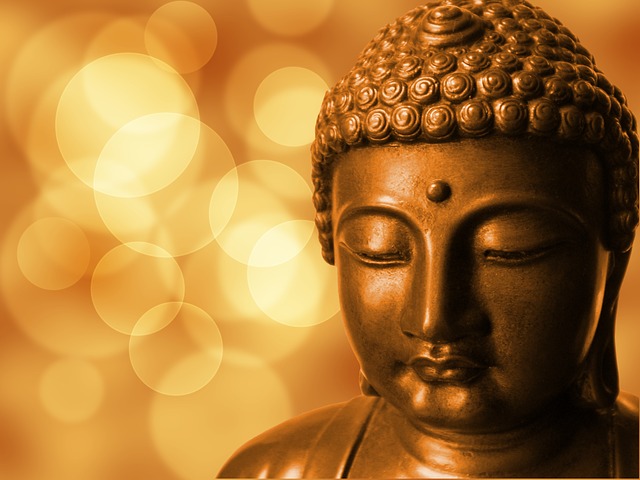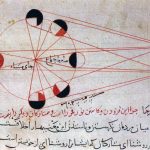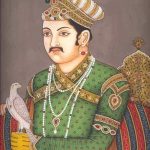Lord Buddha discouraged the study and practice of Astrology as thought it would detract from the spiritual path he asked his disciples to follow. However, astrology eventually became a part of Buddhism across various countries and cultures in East Asia.
The Early Buddhist Attitude Towards Astrology
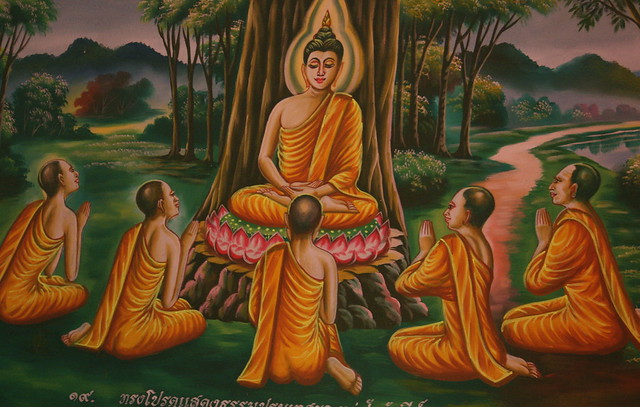
Buddha didn’t explicitly forbid the practice of astrology, but he was against it. He felt that it would detract his followers from their spiritual quest, their endeavour to attain Nirvana. Questions about tomorrow should only bother anyone concerned about the future. Buddha chiefly stressed an emphasis on the present moment, viewing the past and future as unreal.
Nevertheless, curiosity about the future is an intrinsic urge in humans. So all cultures had their own system of making predictions. As Buddhism spread across Asia, Indan Astrology also travelled with it and influenced many cultures. The art and science of reading the stars and predicting the future gradually assimilated with Buddhism.
Astrology Buddhism Definition – Lord Buddha emphasized the illusory nature of time and asked his disciples to stop worrying about the future. Astrology is about the study of the future and past, it helps you to get an idea of what you may expect in the future. This prevents you from focusing on the present moment and makes you speculate about the future, which is against Buddha’s advice.
How Astrology Became an Accepted Part of Buddhism
Buddhism adopted astrology into its texts gradually, in all East Asian countries. While countries like China had its own astronomy and astrology systems, Buddhism brought Indian Jothisha to that country.
In China, the people and the Emperors were already using calendars and
The Practice and Importance of Astrology in China
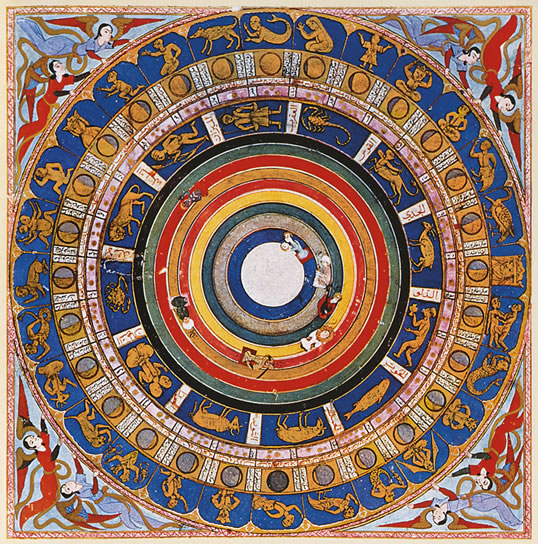
When Buddhism entered China. The Vedic system of astronomy and astrology came along with it. The Chinese incorporated many of the principles of Indian astronomy and astrology into their own systems. During the reign of the Eastern Han Dynasty, the empire hired officials to observe the sky, and provide advice to the emperor based on celestial events.
A history of the Han Dynasty (The Later Book of Han) describes in detail the duties of the Court Astronomer. According to this book, the court astronomer’s duty was to study the stars, cast the calendar for each year, present reports on good days and times, bad omens, and other related activities. He was paid a good salary for his services.
As for Astrology in Buddhism related texts, early religious texts had some limited references to astrology. They stressed on the idea of using these only as a tool for certain benefits they provide. However, later Buddhist texts freely referenced and used astrology without any explanation or excuse. Thus, Buddhism gradually embraced astrology, since it was an integral part of all cultures in Asia.
The Relevance of Astrology in Buddhism
Buddhism also believes in a deep connection between humans and the Universe. So, many Buddhists also believe in the power of cosmic events to affect their own lives. Astrology thus finds relevance here, as it is all about reading celestial events and determining how it will impact our own lives.
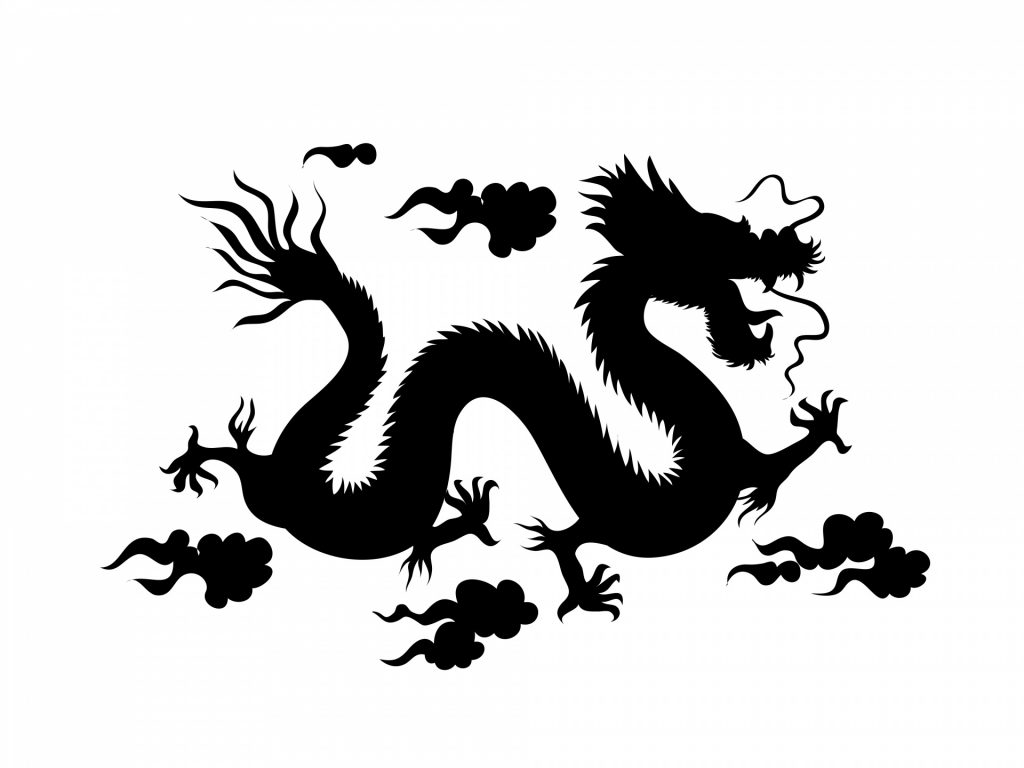
Uses of Astrology in Buddhism
Buddhists use astrology to fix certain dates for auspicious religious events, common people use it to fix the dates for special events in their lives. Many also use it to know about their future. Some Buddhists also use it to gain a deeper knowledge about themselves.
Astrology, besides predicting future events, can also provide a character profile for each person based on their natal chart. In Buddhism, knowing who you are is essential to begin your inner journey.
Understanding your personality helps you understand your strengths and weaknesses. You may then try to eliminate unwanted characteristics and focus your thoughts on a higher quest, to attain the ultimate goal of Nirvana. To some, this basic self-study is important and astrology can aid in this.
Moreover, Astrology also helps understand one’s potentials, talents, likes and dislikes, and so on. Every parent would like to know the future prospects of newborns, so casting a natal chart also became a common practice. Many people believe by using astrological predictions, they can help develop the right traits and talents in their children.
So, In Conclusion
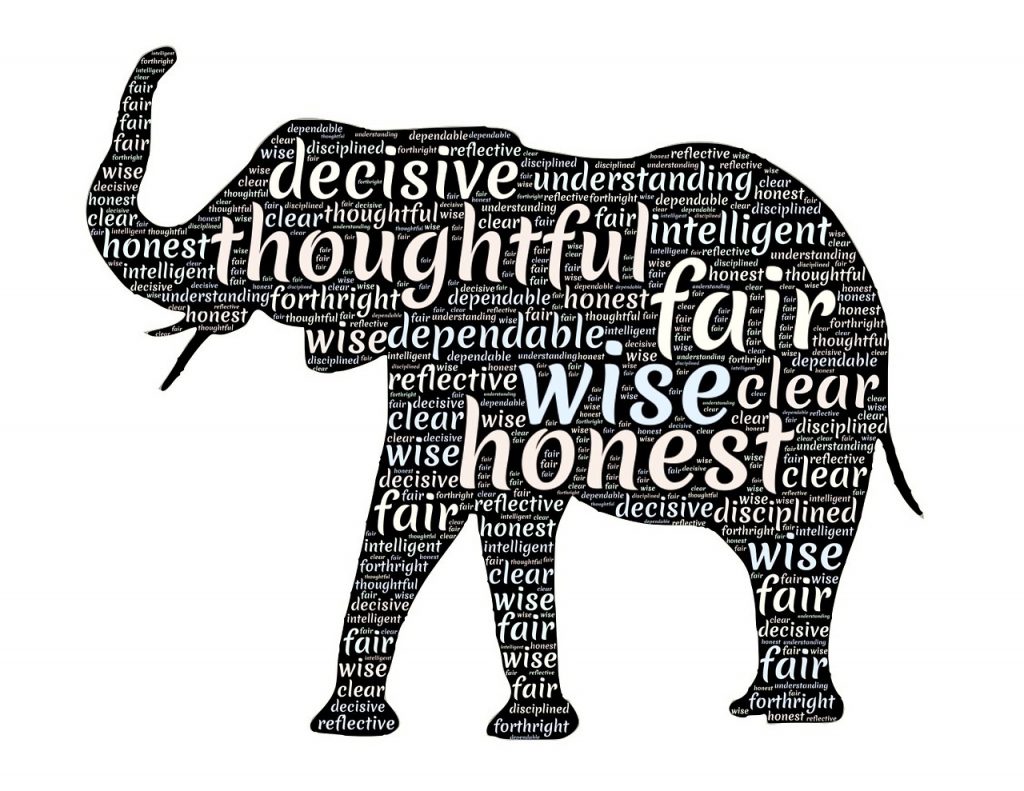
There are numerous reasons astrology was adapted into Buddhism over several centuries. Firstly, it was a practice that was relevant across cultural and geographical dives. Second, it was a useful tool for creating calendars and fixing dates for special events. Third, it provided future predictions and also gives recommendations for remedial measures to offset bad effects. This helps reduce worries about the future. Third, it can provide character profiles and give you a deeper understanding of yourself, which aids in your spiritual quest. Due to all these reasons, astrology and Buddhism came together gradually after the time of Lord Buddha.




